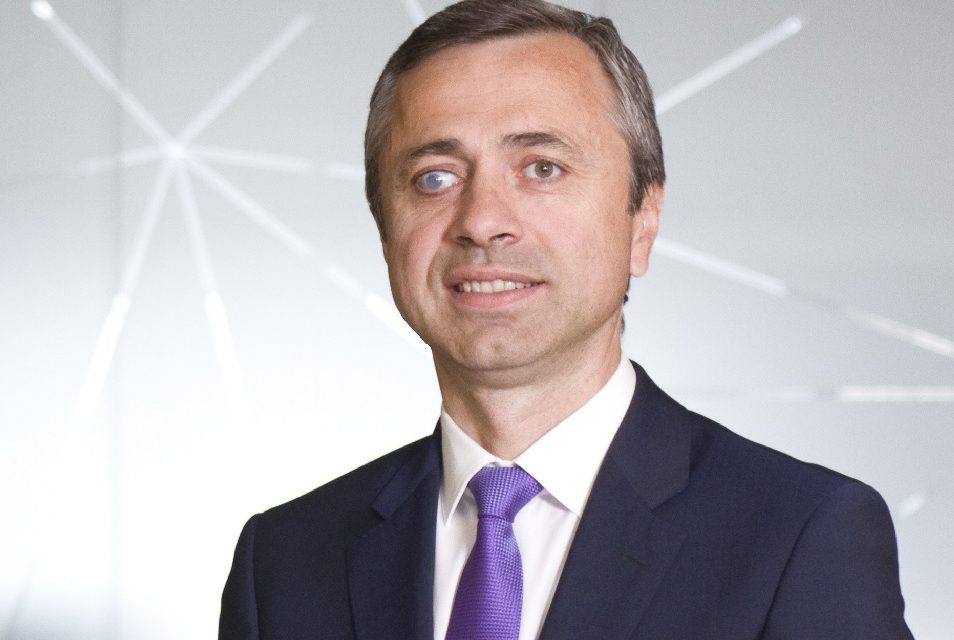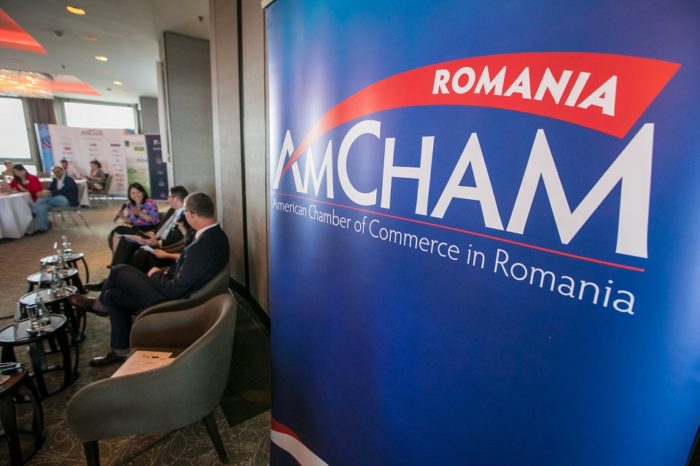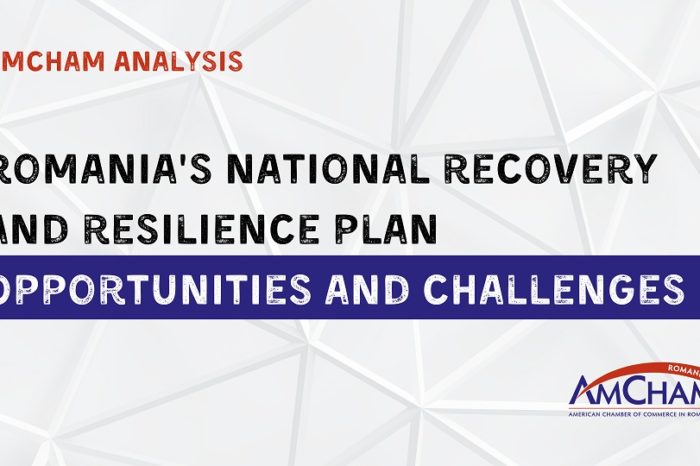AmCham: The 2022 budget, when and where to?

In the context of deepening crises affecting Romania in recent months, AmCham Romania reiterates its call for accountability and reprioritization of the public agenda around the solutions Romania needs to overcome current challenges, reduce human losses and optimize its budgetary and macroeconomic situation.
Macroeconomic risks that are likely to create major imbalances in the absence of a coherent and long-term sustainable approach, are, according to AmCham members, ascending inflation, and the danger of an inflationary spiral, rising sovereign debt, high dependence on energy imports, maintaining a budget deficit, already very high, negative demographic changes, all amplified by the impact of the pandemic and the efficiency of its management.
On top of this, there is an intensification of the risk perception on the international financial markets, which would penalize the Romanian economy faced with the persistence of twin deficits.
“Boosted by the stability and predictability expectations for the early 2021, confidence in the investment and business climate Romania offers reached a record high in the summer, while in September, with the onset of the political crisis, it collapsed to its levels on the wake of the pandemic, according to a survey run by AmCham during September 24-28. Meanwhile, the worsening of the health crisis, the increase of the inflation, the blockage on the supply chains, have overlapped. Instability, unpredictability and measures adopted without a real assessment of their impact on the economy, decrease the investment appetite and destabilize companies present in Romania” said the President of AmCham Romania Ionuț Simion.
The construction of the state budget for 2022 is in AmCham’s vision one of the priorities on the economic agenda that has been delayed due to tensions and negotiations in the political arena.
Moreover, the current political moment intensifies the risk of populist measures that will be reflected in a deepening of the structural budget deficit, already one of the highest in the region, perpetuated even in periods of very high economic growth such as the case in 2021.
Possible increases in public spending are currently unsustainable and impossible to cover from budget revenues and will end up in an increased level of public debt, more need for loans from the financial markets and the risk of ad hoc fiscal measures, with unpredictable effects. Mitigating the impact of ascending inflation, of rising energy prices and of other products and services, cannot be done through measures that transfer, even for a limited period, the burden from one category of taxpayers to another.
The complicated context that Romania is going through makes even more necessary a rigorous process of cross-party analysis and consultation on the construction of the budget for 2022 and leaving behind the practice of negotiating the budget on purely political criteria.
In AmCham’s view, the imperatives for the budget planning and the 2022 reform schedule include:
- Continuation of fiscal budgetary consolidation, especially as this is a conditionality assumed via PNRR and through the excessive deficit procedure in which Romania finds itself.
- Maintaining productive public investment allocations, at least at the level of allocations for 2021.
- Stabilizing public spending and limiting the commitment of additional spending.
- Increasing the degree of budget revenue collection by modernizing and digitizing the tax administration.
- Improving the financing of the very high current account deficit by attracting foreign investment and absorbing European funding.
- Ensuring a competitive fiscal framework by maintaining the single quota system and applying it equitably, a system already proven to be adequate for the Romanian economy and attractive for investors. At the same time, measures are needed to encourage the attraction of high value-added investments.
- Reducing the trade deficit through priority investments to increase production capacity in the industries responsible for the largest volumes of imports.
- Maintaining a favorable macroeconomic outlook, crucial for maintaining the ratings of sovereign rating agencies, and implicitly for attracting capital.
The prolonged political crisis has unfavorable consequences for the investment climate, and the beginning of 2022 is announced to be a period characterized by overlapping shocks in the supply and production chains, already felt in industry.
As the opportunity to start consolidation processes and deep reforms in 2021 was lost, shortening the window of opportunity that Romania could have benefited from between two electoral cycles, it is all the more important that in the next two years there is political will, commitment and capacity to respond adequately to the current crises but also to recover the gaps that continue to affect Romania’s potential for development and growth of its economic relevance at regional and European level.
***
About AmCham Romania
The American Chamber of Commerce in Romania (AmCham Romania) is a leading representative of the business community in Romania, acknowledged as a promoter of the private-public dialogue on matters related to the business climate, public policies that impact Romania’s economy and competitiveness or the economic ties between Romania and the U.S.
Currently, AmCham Romania’s over 470 members – U.S., international and Romanian companies allow AmCham to engage in promoting the business priorities for many industries, through dedicated working groups, such as: Capital Markets & Financial Services, Corporate Governance, Competition and State-Aid, Education, Energy, Environment, Health, Digital Economy, Labor, Structural Funds, Public Procurement and PPP, Real Estate, Taxation and Tourism.
AmCham Romania’s connection with the international business is granted by its accreditation by the U.S. Chamber of Commerce and its affiliation to AmChams in Europe. In Romania, AmCham enjoys a great institutional collaboration with the U.S. Embassy in Bucharest and is a member and contributor to Coaliţia pentru Dezvoltarea României, the informal consultation platform supported by business associations that share the same objectives.


















